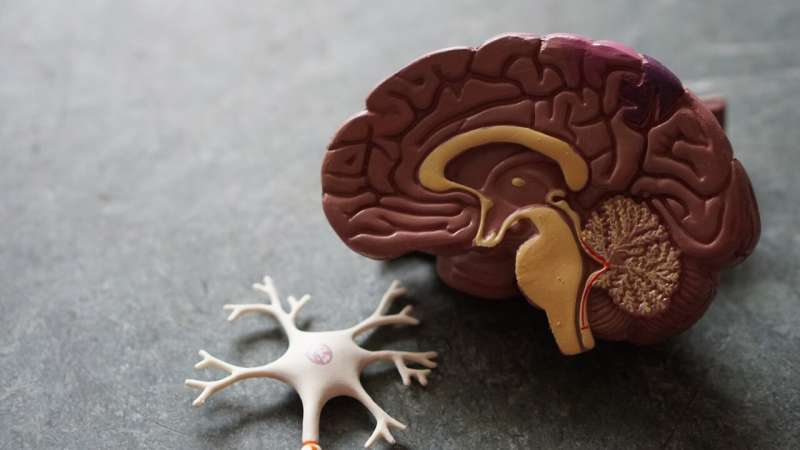Revolutionizing Alzheimer's Diagnosis: The Impact of Brain Blood Flow Dynamics

New research highlights the role of brain blood flow regulation in Alzheimer's disease, offering a promising noninvasive diagnostic tool with high accuracy that could revolutionize early detection and treatment strategies.
Alzheimer's disease affects over seven million Americans, and early, accurate diagnosis remains a significant challenge. Traditional methods involve invasive spinal taps, costly PET scans, and behavioral assessments such as the Mini-Mental State Examination (MMSE) and Montreal Cognitive Assessment (MoCA), which can be limited in precision.
Recent research from biomedical engineers at USC Viterbi School of Engineering has spotlighted a novel approach focusing on cerebral blood flow regulation. Led by Dean's Professor Vasilis Marmarelis, the study explores how dysregulation in brain blood flow—rather than solely amyloid beta or tau protein accumulation—might play a crucial role in Alzheimer's progression.
The study centers on the brain’s autoregulatory mechanism called vasomotor reactivity, which adjusts blood vessel dilation in response to carbon dioxide levels, ensuring proper oxygenation. Impaired vasomotor reactivity has been observed in Alzheimer's patients, indicating a potential early biomarker.
Using noninvasive techniques like Doppler ultrasound and near-infrared spectroscopy, the research team developed the Cerebrovascular Dynamics Index (CDI), a physio-marker that measures blood flow responsiveness. In a five-year study involving 200 participants, CDI demonstrated remarkable accuracy in distinguishing between healthy individuals, those with mild cognitive impairment (MCI), and Alzheimer's patients, with an area under the curve (AUC) of 0.96—outperforming traditional tests like PET scans and cognitive assessments.
This newfound focus on cerebrovascular regulation offers promising avenues for diagnosis and treatment. Lifestyle interventions such as aerobic exercise and a healthy diet, along with emerging therapies like controlled hypoxia and vagal nerve stimulation, are potential strategies to enhance blood flow regulation.
This paradigm shift suggests that improving cerebral blood flow regulation might not only aid in early diagnosis but could also form the basis for novel treatment approaches, possibly delaying or preventing the onset of Alzheimer's disease.
Other collaborating researchers included experts from the Keck School of Medicine of USC and Kansas University Medical Center. The findings underscore the importance of brain blood flow dynamics in understanding and managing Alzheimer's, opening new pathways for research and therapy.
Stay Updated with Mia's Feed
Get the latest health & wellness insights delivered straight to your inbox.
Related Articles
Breakthrough Immunotherapy Enhances Outcomes in High-Risk Blood Cancer Patients
A new clinical trial reveals that adding glofitamab immunotherapy to standard treatments dramatically improves outcomes in high-risk blood cancer patients, showing high response and survival rates.
Study Finds GLP-1 Diabetes Medications May Lower Dementia Risk Compared to Metformin
New research suggests GLP-1 receptor agonists may be more effective than metformin in lowering dementia risk among individuals with type 2 diabetes, potentially leading to updated treatment guidelines.
Potential Link Between Weight-Loss Medications and Reduced Cancer Risk
New research suggests that GLP-1 weight-loss medications may reduce the risk of obesity-related cancers, offering promising potential for cancer prevention among obese individuals.



